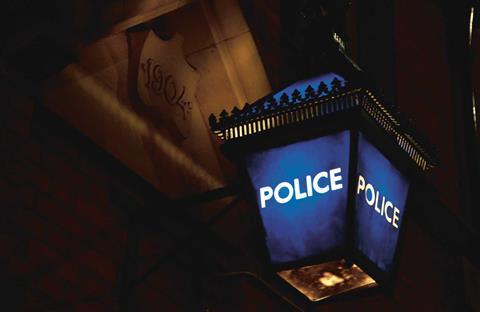Lack of understanding and low fees have contributed to pre-charge engagement (PCE) being a ‘wasted opportunity’ in helping to drive down the court backlog, landmark research suggests.
Pre-charge engagement is the voluntary engagement between the parties to an investigation after the first PACE interview before a suspect has been formally charged. Guidance published by the attorney general to improve disclosure states that PCE can be terminated at any time. Investigators and prosecutors should not use the contents of the suspect’s answers as evidence at trial. The decision not to agree to PCE should not be held against a defendant.
However, research conducted by Dr Ed Johnston, a senior law lecturer at the University of Northampton, to ascertain the level of awareness about PCE and how it is being used by the police and defence lawyers, suggests a mixed level of understanding.

The findings are based on a survey conducted between August and December last year, which was completed by 33 criminal defence solicitors and seven police station representatives.
A couple of lawyers believed the regime represented an opportunity to put forward a defence which would convince the police that their client is innocent and the case would result in no further action being taken against them. Another lawyer believed the purpose of the regime was to assist the police to better understand the defence of the suspect. Some lawyers thought engaging with PCE was too risky for the client.
Low fees were identified as another factor contributing towards low engagement. One lawyer representing private-paying clients said they had engaged with an ad-hoc version of PCE for many years and were certain that it helped divert many clients away from prosecution.
Johnston concludes that if PCE was adequately engaged with, many cases could be diverted from going to trial. However, training needs to be offered to the police and defence practitioners to ensure the scheme is properly understood and used.
A Ministry of Justice spokesperson said: ‘We recently announced an extra £135m will be invested in criminal legal aid – the biggest increase in a decade – as well as plans to raise fees for pre-charge engagement by 15% to support this important work.’
The department added that PCE currently covers work done after an agreement is reached with the police or prosecution to undertake PCE. However, it is proposing to pay for preparatory work done ahead of PCE – something the Law Society and other practitioner groups called for last year.
The full findings of Johnston’s research will be published in a forthcoming issue of the Criminal Law Review.
This article is now closed for comment.



























1 Reader's comment